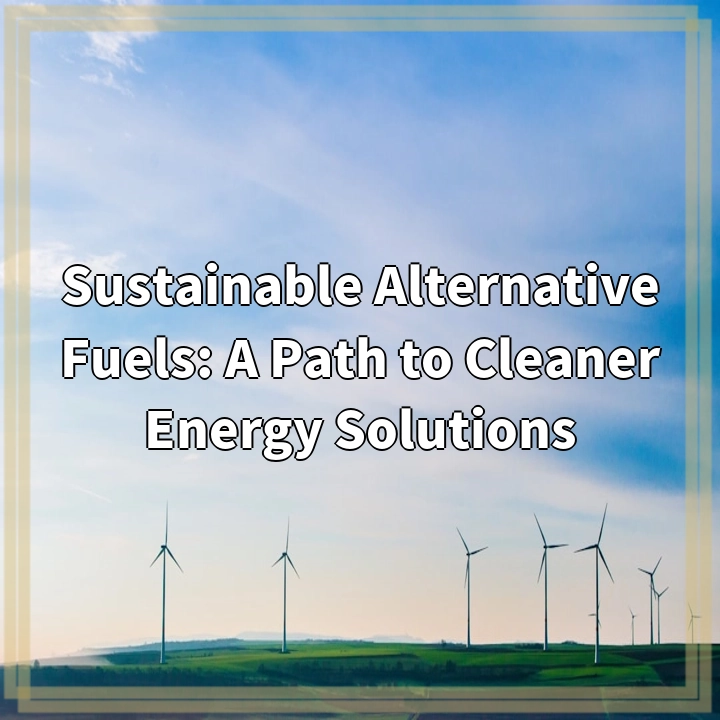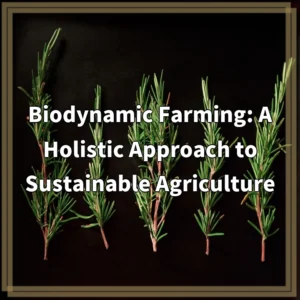What it is:
Specialty coffee roasting is a process that involves roasting coffee beans to bring out their distinct flavors and aromas. It is a meticulous art form that requires skill, knowledge, and precision. However, traditional coffee roasting practices often have negative environmental impacts, such as high energy consumption and greenhouse gas emissions.
Real-World Problems:
The specialty coffee industry faces several challenges when it comes to eco-friendly practices in roasting. Some of the key problems include:
1. High Energy Consumption: Coffee roasting requires significant amounts of energy. Traditional roasting methods often rely on fossil fuels, contributing to carbon emissions and air pollution.
2. Greenhouse Gas Emissions: The process of roasting coffee releases carbon dioxide (CO2), a greenhouse gas known to contribute to climate change. Large-scale coffee roasteries produce significant CO2 emissions, further exacerbating the carbon footprint of the industry.
3. Waste Generation: Coffee roasting generates waste in the form of chaff, a thin skin that covers coffee beans and is released during the roasting process. Improper disposal of chaff can contribute to environmental pollution.
4. Water Usage: Coffee roasting also requires water for various purposes, such as cooling roasted beans. The excessive use of water can strain local water resources, especially in regions already facing water scarcity.
5. Packaging Waste: Retail packaging for roasted coffee beans often involves single-use plastic or non-recyclable materials, contributing to the growing problem of plastic waste.
Addressing these real-world problems is crucial for the specialty coffee industry to transition towards more sustainable and environmentally friendly practices.

Solutions for Eco-Friendly Specialty Coffee Roasting:
To address the environmental challenges associated with specialty coffee roasting, several solutions and sustainable practices are being implemented in the industry. These solutions aim to reduce energy consumption, minimize greenhouse gas emissions, manage waste effectively, and promote responsible water usage and packaging strategies.
1. Energy-efficient Roasting Technologies:
Implementing energy-efficient roasting technologies, such as hybrid or electric roasters, can significantly reduce energy consumption. These technologies utilize advanced insulation, recirculation systems, and precise heat control to optimize the roasting process while minimizing energy waste.
2. Carbon Offsetting and Renewable Energy:
Coffee roasteries can offset their carbon emissions by investing in renewable energy sources. This includes purchasing renewable energy certificates or installing onsite solar panels or wind turbines to generate clean energy, reducing the carbon footprint associated with the roasting process.
3. Waste Management and Recycling:
Efficient waste management practices can help minimize the environmental impact of coffee roasting. Proper disposal and recycling of chaff, as well as implementing composting systems for organic waste, can divert waste from landfills and contribute to a circular economy in the coffee industry.
4. Water Conservation:
Roasteries can adopt water-saving measures, such as implementing closed-loop cooling systems, reusing water for non-potable purposes, and optimizing water usage during cleaning processes. Efficient water management strategies can help alleviate the strain on local water resources.
5. Sustainable Packaging:
Switching to eco-friendly packaging materials, such as compostable or recyclable options, can reduce the environmental impact of packaging waste. Additionally, promoting bulk or refillable options for customers can further minimize packaging waste in the specialty coffee industry.













